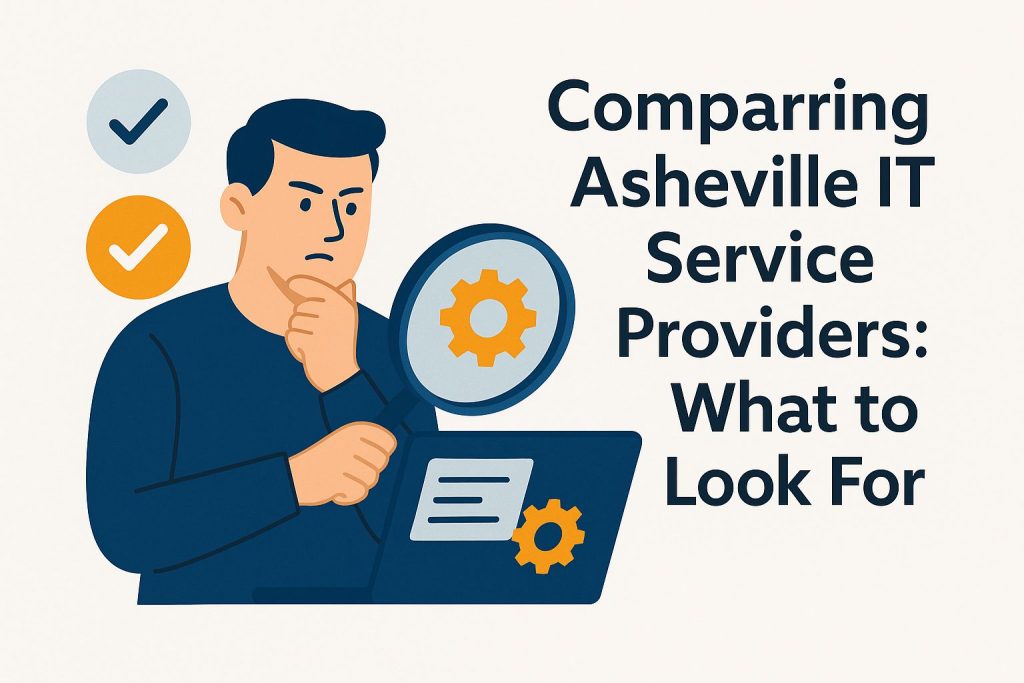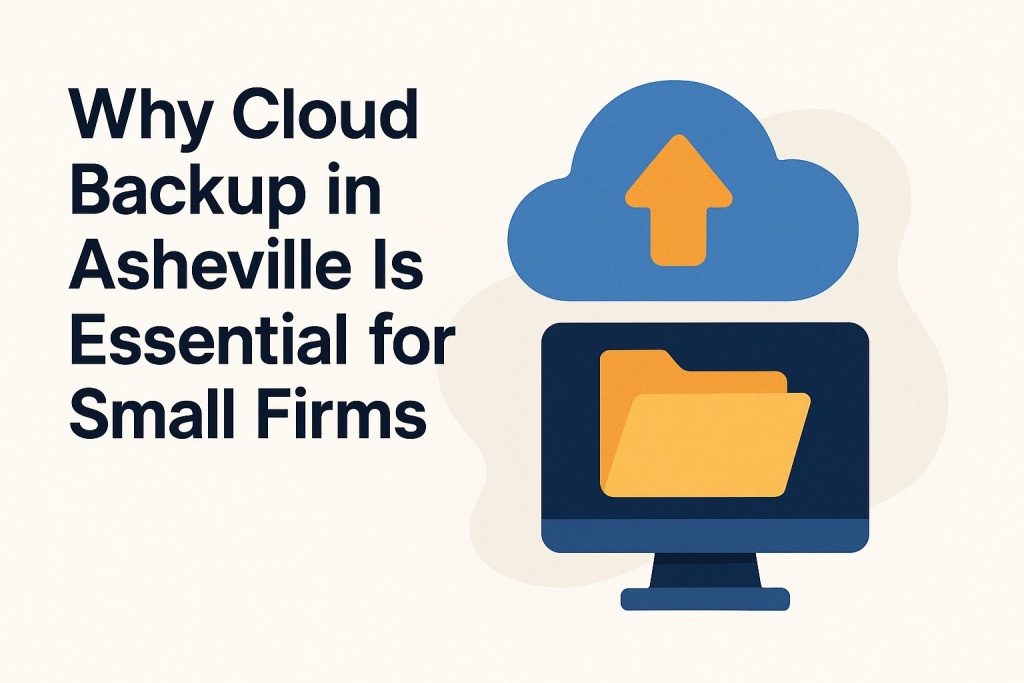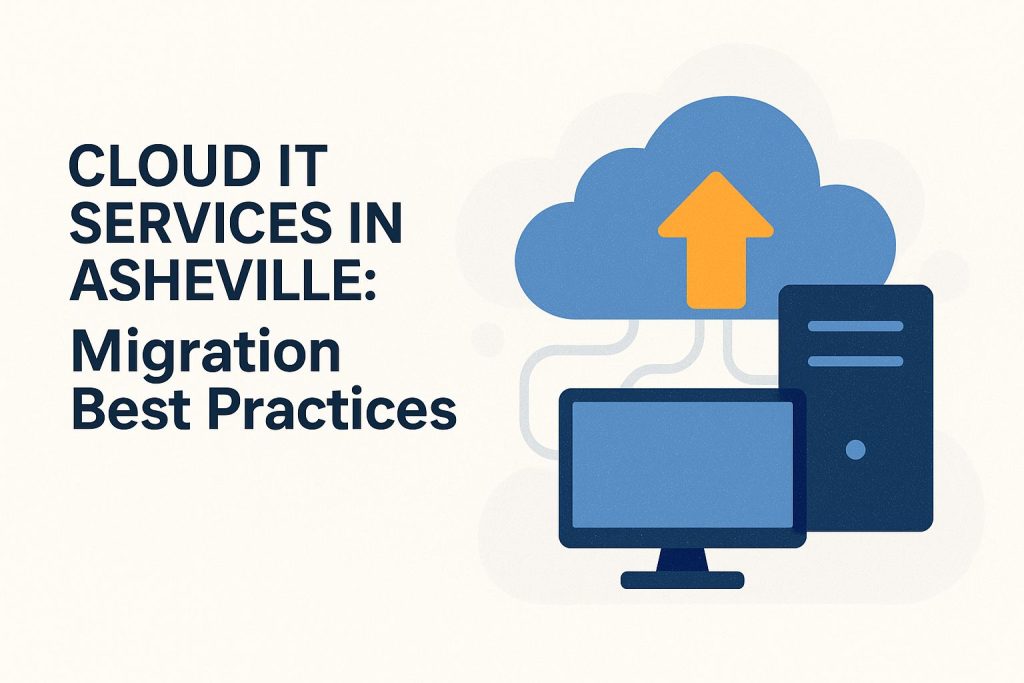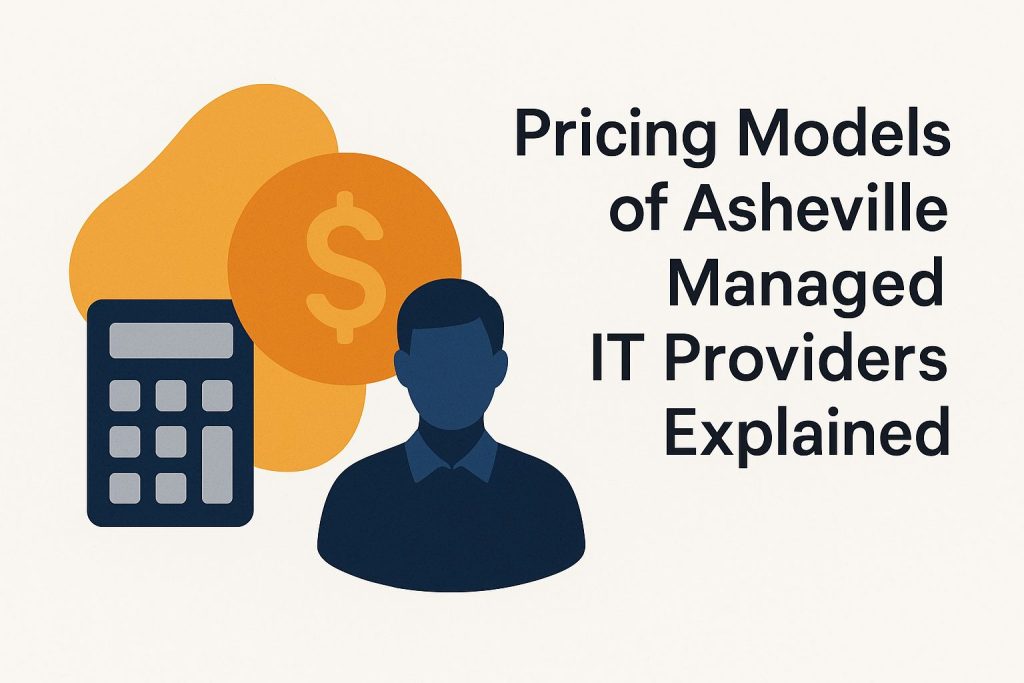Managing IT can be difficult. Understanding pricing structures and cost-benefit analysis matters. In Asheville, choosing the right managed IT provider affects operational efficiency and budgeting. This article explains pricing models like hourly billing, subscription plans, and flat-rate pricing. It also looks at factors and benefits of each model.

Asheville is beautiful, but disasters can happen. It’s important to plan for them. Disaster recovery planning protects lives and assets. This article covers three steps: assess risks, develop a recovery strategy, and ensure ongoing preparedness through testing and maintenance. By exploring these elements, Asheville residents can cultivate resilience and readiness in the face of potential crises.

Businesses depend on technology. Choosing the right IT provider is essential for success. Asheville is a hub for innovation. Knowing about IT services helps improve efficiency and growth. This comparison examines key factors: service offerings, pricing, support, reputation, and scalability. By examining these elements, businesses can make informed decisions that align with their unique needs.

Data breaches and disasters are frequent. Small businesses in Asheville must keep their information safe. In a competitive landscape, cloud backup solutions are essential. They offer better data security and cost-effectiveness. This article explains why cloud backup is important for Asheville businesses.

Organizations in Asheville are adopting cloud IT services. Migration can be complex. Understanding cloud migration is essential. It helps maximize efficiency and protect data integrity. This article covers planning, best practices, and post-migration strategies. These insights help businesses transition to the cloud successfully. The journey toward a streamlined cloud infrastructure is just beginning, promising significant rewards for those who navigate it effectively.


